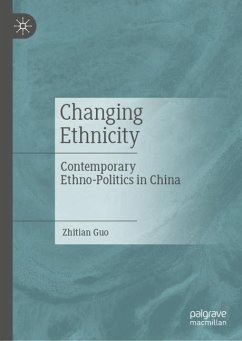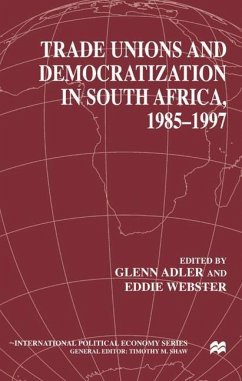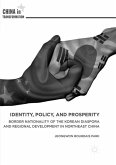This book investigates the changes in ethnicity in contemporary China by examining the Yi in Liangshan. With a particular focus on cadres, a seemingly highly politicized group, this book tries to contribute to the discussion of ethnopolitics in China and the politicization of ethnicity. This study categorizes cadres into three generations and discovers that for the veteran echelon ethnicity is related to an emotional expression, for the second generation it is more about a political discourse and competitions, and for the third generation it takes the form of symbolic ethnicity that resonates in everyday life. Changing ethnicity of Yi is a miniature portrayal of the social development in China and demonstrates the interplay between ethnicity and ethnopolitics and how these interactions are expressed in people's everyday life.
The valuable context offered in this book for discussions about ethnicity in contemporary China will be of interest to China scholars, ethnologists, andpolitical scientists.
The valuable context offered in this book for discussions about ethnicity in contemporary China will be of interest to China scholars, ethnologists, andpolitical scientists.








